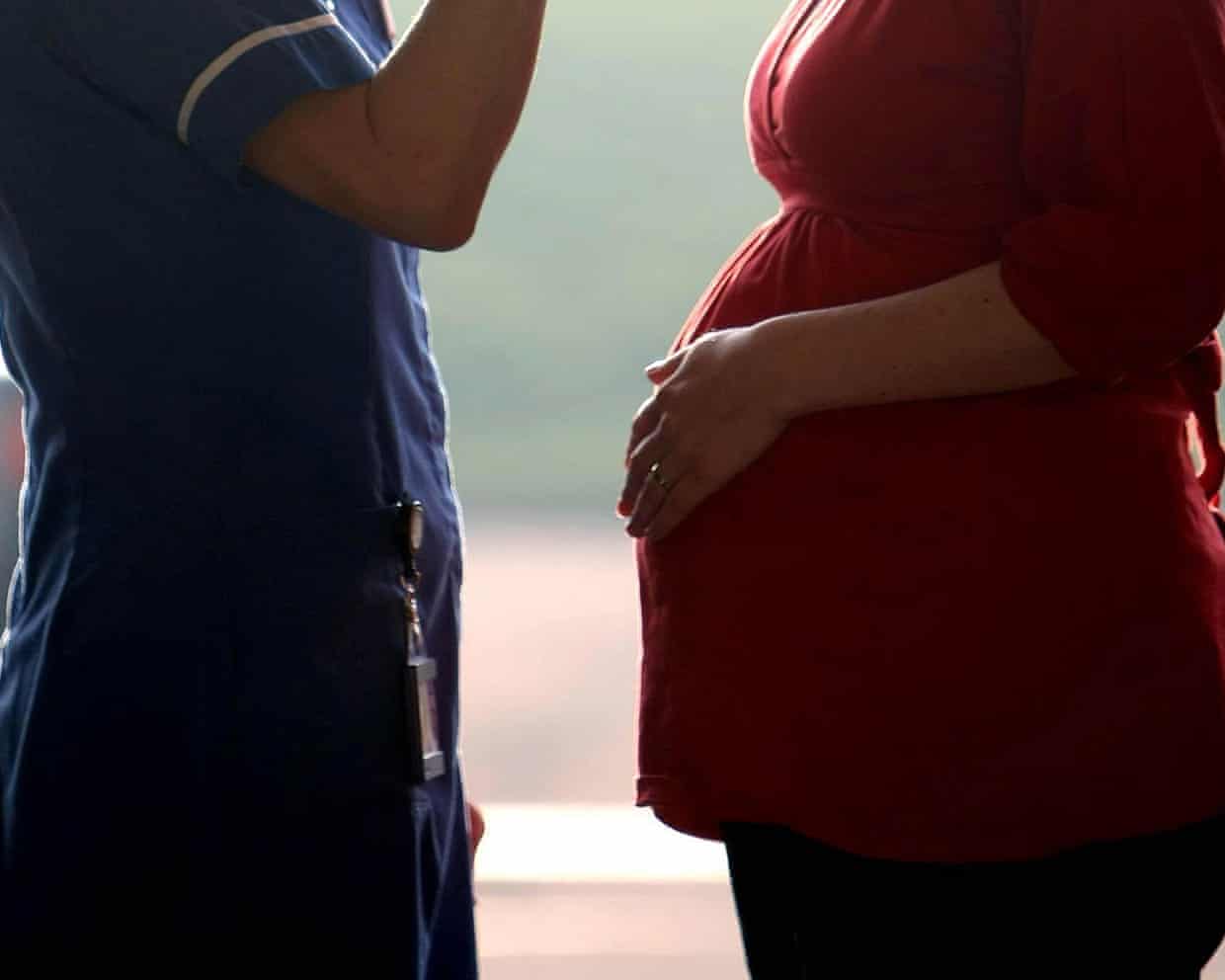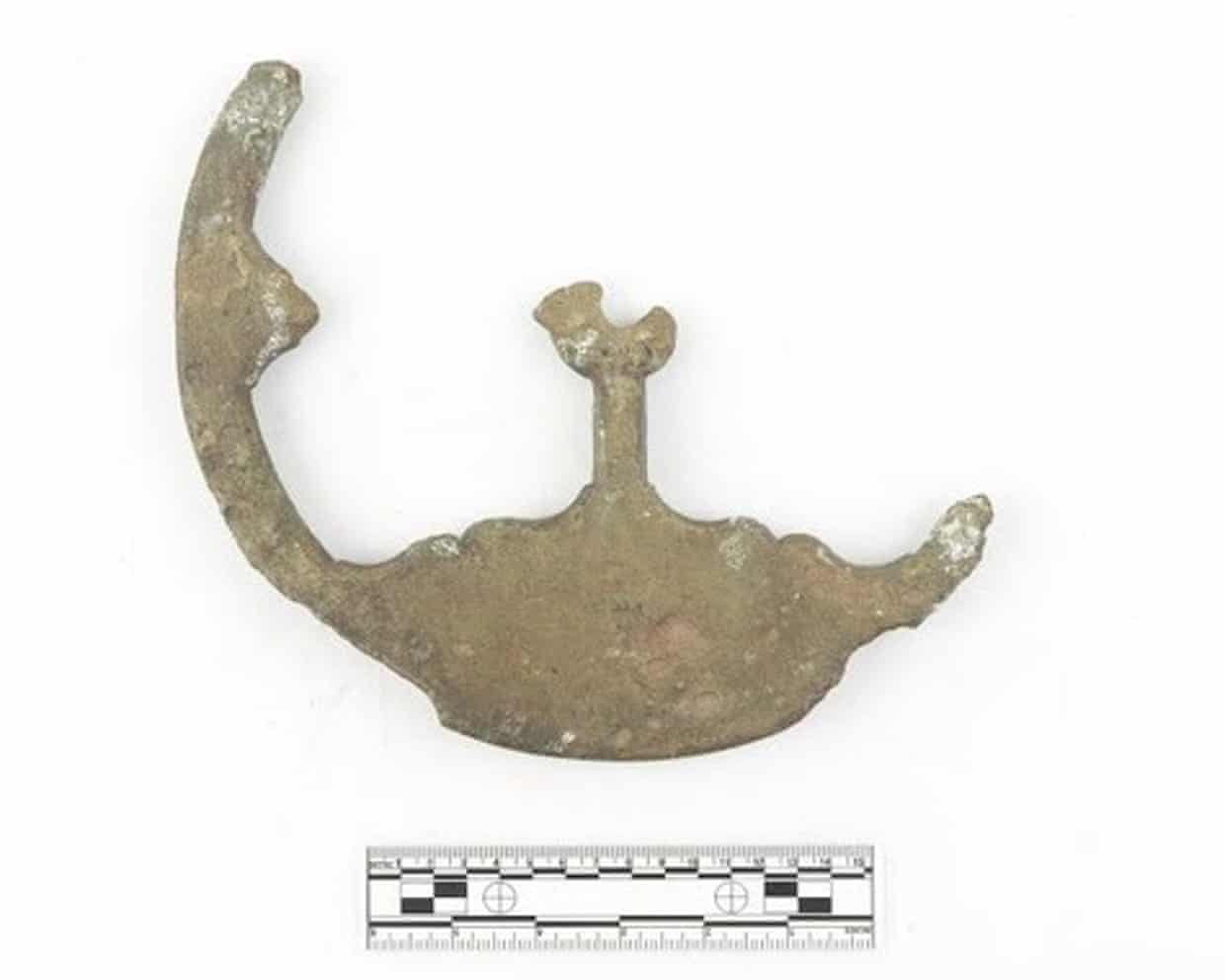Ocado shares fall 17% after US partner announces warehouse closures

The value of online grocer Ocado has fallen sharply after Kroger, its major partner in the US, announced the closure of three warehouses using the UK company’s high-tech equipment,Ocado signed a deal to build 20 automated warehouses – known as customer fulfilment centres – for Kroger, the US’s fourth largest retailer, in 2018,Eight of those facilities are currently operating with two more planned for next year,The deal was seen as a major part of Ocado’s plan to sell its online grocery delivery technology internationally,However, on Tuesday, Kroger said sites in Frederick in Maryland, Pleasant Prairie in Wisconsin, and Groveland in Florida would close in January.
Shares in Ocado were down more than 17% on Tuesday after the announcement, wiping about £350m off the value of the company.Kroger said that after reviewing its set-up it had “identified opportunities to optimise its fulfilment network”.It added that it would now move towards a “hybrid fulfilment network” testing out “capital-light, store-based automation in high-volume geographies” while continuing to use automated warehouse processing of online orders where it sees “higher density of demand”.It noted that it had recently expanded its relationship with quick delivery service providers DoorDash, Instacart and Uber Eats, which take goods directly from stores on bikes, mopeds and other small vehicles.Clive Black, a retail analyst at Shore Capital, described Kroger’s announcement as a “near knockout punch” for Ocado, prompting the share price to fall below the 180p price at which it debuted on the London stock market in 2018.
He said the online grocery technology supplier “is being marginalised as most of its customer fulfilment centres do not work economically in the USA or the mass-market first world in truth.”.While centralised, automated warehouses may work effectively to manage home deliveries of groceries in densely populated and affluent urban locations, according to Black, he said Kroger’s actions suggested that the size of Ocado’s total potential market “has been blitzed”.“We had expected Kroger to trundle on, not close [warehouses], as part of its ongoing review, a dreadful acclamation of what Morrison, Waitrose and others already knew: capital intensive, centralised fulfilment of food to a dispersed mass-market customer does not financially work.”Ocado said it expected to receive more than $250m (£190m) in compensation for fees related to the early closure of the sites but its fee revenue would take a $50m hit in the financial year to December 2026.
Sign up to Business TodayGet set for the working day – we'll point you to all the business news and analysis you need every morningafter newsletter promotion“Ocado continues to support Kroger to optimise logistics operations and drive profitable volume growth in these remaining sites, with constructive ongoing discussions around further use of Ocado’s technology to support Kroger,” the British company said in a statement.It added that it “expects significant growth in the US market, both with [warehousing] and store based automation.”

Labour is privatising the NHS in plain sight | Letter
Gaby Hinsliff is right to ask if the government’s reorganisation of the National Health Service will be the final nail in its coffin (Wes Streeting’s gamble with the NHS is greater than any play for Downing Street, 14 November). Such large‑scale redundancies are bound to create problems.There are other threats to the delivery of NHS services too. The privatisation of the NHS is happening in plain sight. Last month, the government proudly announced that “A total of 6

Krysty was diagnosed with breast cancer months after getting the all-clear. New Australian guidelines aim to help women like her
When Krysty Sullivan had a routine mammogram in 2019, she was given the all-clear.Eleven months later, she felt a lump.Doctors discovered two tumours, each more than 2cm in size. Sullivan, then 48 years old, was diagnosed with triple-negative breast cancer, a type that can be challenging to treat as the cancer cells do not respond to typical targeted treatments.“It’s always a shock to hear that you have breast cancer, but to learn that I had it months after I had a clear mammogram … it was like the Earth shifted,” Sullivan said

Mahmood and Lammy breached human rights law over segregation of prisoner, judge finds
Shabana Mahmood and David Lammy have been found to have breached a prohibition on inhuman or degrading treatment with respect to a prisoner who spent months segregated from other inmates, in what is believed to be a legal first.Sahayb Abu was confined to his cell at HMP Woodhill in Milton Keynes, for 22 hours a day and prevented from associating with other prisoners for more than four months after Hashem Abedi, the brother of the Manchester Arena bomber, allegedly attacked prison officers at HMP Frankland.Abu, a convicted terrorist serving a life sentence, was already being held in a separation centre for prisoners believed to be at risk or radicalising others, which has also been described as small group isolation, but was moved to even more restrictive conditions following the attack by Abedi in April.In what is believed to the the first instance of ministers being found in breach of article 3 of the European convention on human rights, Mr Justice Sheldon found that Lammy, the justice secretary, and Mahmood, his predecessor, should have considered Abu’s existing mental health issues before he was moved.In his written judgment, the judge said: “In the context of a prisoner who has a history of trauma and where there was a failure to obtain an assessment of his needs even though he was known to have mental health issues, and a failure to provide him with any therapeutic treatment to address his trauma, a contravention of article 3 is made out, notwithstanding the importance of the aim behind the segregation regime

Coroners’ advice on maternal deaths in England and Wales routinely ignored, study finds
The advice given by coroners in England and Wales to help prevent maternal deaths is not being acted upon, research suggests.Academics at King’s College London looked at prevention of future deaths (PFD) reports issued by coroners in cases of pregnant women and new mothers who died between 2013 and 2023. They found these reports were not being “systematically used nationally”.The study, published in the BMJ Gynecology and Obstetrics Clinical Medicine, identified 29 PFDs involving maternal deaths, but found that nearly two-thirds of these reports were ignored.Two-thirds of deaths occurred in hospitals, with more than half of the women dying after giving birth

NHS failing to cut waiting times as promised in recovery plan, report warns
The NHS has failed to cut waiting times as promised in its recovery plan despite billions of pounds in investment, the public accounts committee (PAC) has warned.The influential parliamentary committee’s verdict raises serious doubts over whether Labour can fulfil its key pledge to voters to “fix the NHS” by ensuring that patients can once again get hospital care within 18 weeks by 2029.In a scathing report, the cross-party PAC warns that improvements in providing faster tests and treatment have “stalled”. And it criticises Keir Starmer and the health secretary, Wes Streeting, for ordering a costly, unplanned reorganisation of the NHS in England. It said this could damage care and was reminiscent of the shambles surrounding the HS2 rail project

Lack of planning has hit Labour’s efforts to fix public services, says thinktank
Keir Starmer is failing to make major improvements to public services partly because he did not plan properly while in opposition, according to a report from the Institute for Government (IfG).The prime minister went into government without a clear idea about how to achieve his targets, the IfG found, resulting in haphazard attempts to reform various sectors, from the health service to the courts.The annual report provides a damaging overview of an occasionally chaotic first year in government for Labour, during which the party and Starmer have slumped in the polls.Nick Davies, a programme director at the IfG and one of the authors of the report, said: “Starmer went into government with a set of missions, but no clear idea about how to achieve them or how those targets fit together in any meaningful way.“He has not been properly engaged with this process

North by Northwest: Hitchcock’s funniest, most ambitious film

David Nicholls to adapt The Secret Diary of Adrian Mole Aged 13¾ for BBC

‘People still blame me for their perforated eardrums’: how we made the Tango ads

Memoirs, myths and Midnight’s Children: Salman Rushdie’s 10 best books – ranked!

High art: the museum that is only accessible via an eight-hour hike

Spanish Armada-era astrolabe returns to Scilly after mysterious global journey